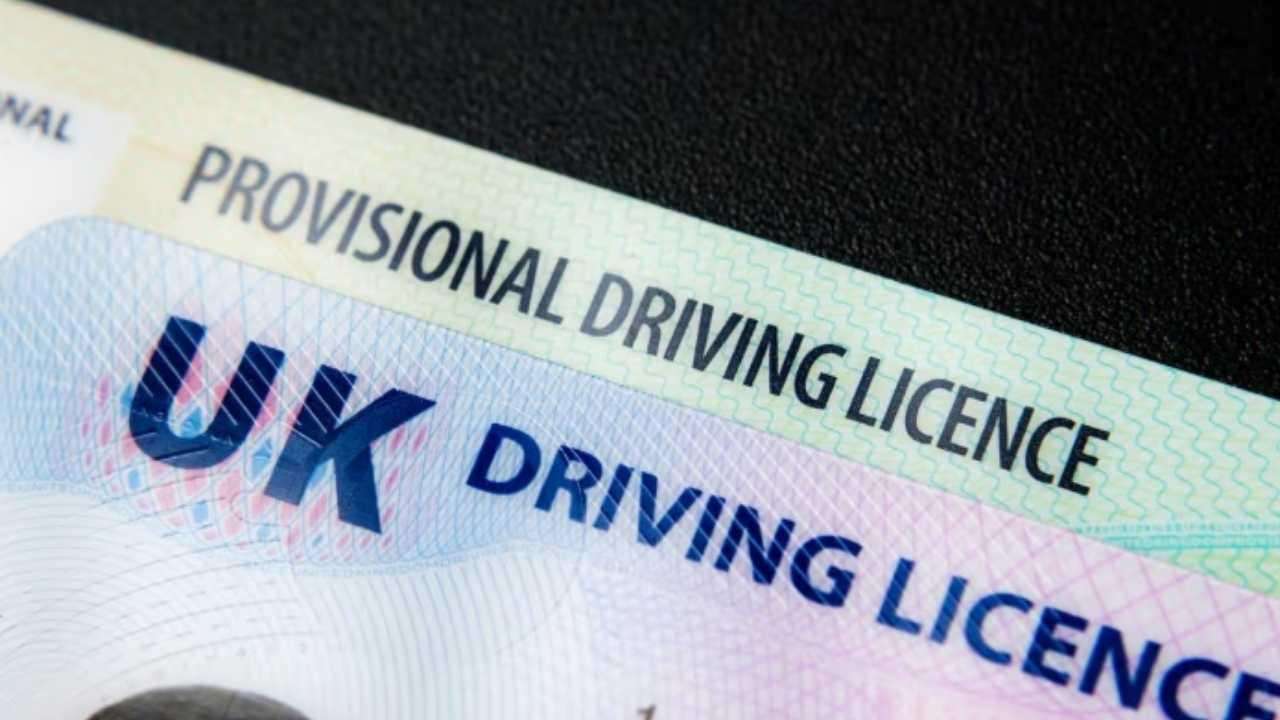Ministers have announced a series of public sector pay rises for the coming year, with doctors and teachers set to receive an above-inflation 4% increase. While the government hails these awards as a recognition of vital public service, the varying rates across different sectors have sparked questions and concern among many who feel left behind amidst a persistent cost of living crisis.
The new pay awards see doctors and teachers in England benefiting from a 4% rise. This comes as the Consumer Prices Index (CPI) inflation rate unexpectedly jumped to 3.5% in the 12 months to April 2025, up from 2.6% in March, making the 4% increase a real-terms boost for these professions.
Meanwhile, most members of the armed forces will see a 4.5% pay rise, a marginally higher increase than that for doctors and teachers, while senior military personnel will receive a 3.75% uplift. Senior civil servants are slated for a 3.25% pay increase, though ministers have indicated plans to defer new pay bands as part of a wider review of salaries at the top echelons of the Civil Service. Other NHS workers, including nurses, midwives, and physiotherapists, are set to receive a 3.6% pay uplift.
The announcement follows a period of intense pressure on public sector pay, with many workers having experienced pay freezes or below-inflation rises in recent years. While the government maintains that these awards are fair and affordable, the disparities are already generating discontent. Unions representing other public sector workers are questioning the rationale behind the differing rates, highlighting the widespread suffering caused by rising costs of living.
"People are suffering," expressed a spokesperson for a prominent public sector union, echoing the sentiment of many across the country who are struggling to make ends meet. The focus on specific professions, while welcomed by those receiving higher awards, has inadvertently shone a spotlight on the financial strain experienced by other essential public servants.
The government has indicated that the increases were recommended by independent pay review bodies, taking into account factors such as recruitment and retention challenges within specific sectors. However, critics argue that a more holistic approach is needed to ensure fairness and prevent a two-tier system within the public sector. The additional funding for schools to help with teacher pay awards, with a portion expected to be met through "improved productivity and smarter spending," also raises questions about potential cuts elsewhere or increased pressure on existing resources.
As inflation continues to fluctuate, the long-term impact of these pay awards on public sector morale, recruitment across all vital services, and the broader economy remains a significant point of debate. The question, "What about the others?", continues to resonate, signaling a growing demand for equitable consideration for all those who serve the public.








.svg)

